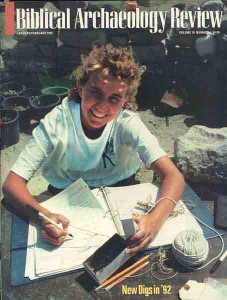What We Should Do Next Time Great Manuscripts Are Discovered
The mismanagement that has characterized the official publication of the Dead Sea Scrolls raises the question of how future manuscript discoveries should be handled—for future discoveries there surely will be.
What can be done to assure that any new discoveries are not processed with the same chaotic and unsuccessful procedures that have marred the editorial efforts of the Dead Sea Scrolls team?
I should say at the outset that my recommendations are based not only on having followed the situation with respect to the Dead Sea Scrolls, but also from having been intimately involved in setting straight the situation with regard to the very mismanaged Nag Hammadi codices. That Gnostic library,a discovered in Upper Egypt in 1945, was initially assigned as a monopoly to a team of French scholars, until an international committee under the auspices of UNESCO (which I headed) promptly produced a facsimile edition. Having been involved in this from the inside has alerted me to possibilities not always noticed from the outside.
The most important thing that needs to change is the scholarly ethos—or in plain talk, the scholarly attitude. A new ethos, a new consensus, is not impossible, especially given the widespread protest against the monopoly of the unpublished Dead Sea Scroll fragments.
Already a library member? Log in here.
Institution user? Log in with your IP address.

